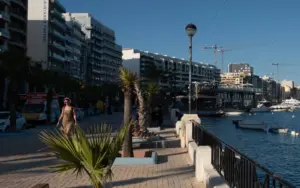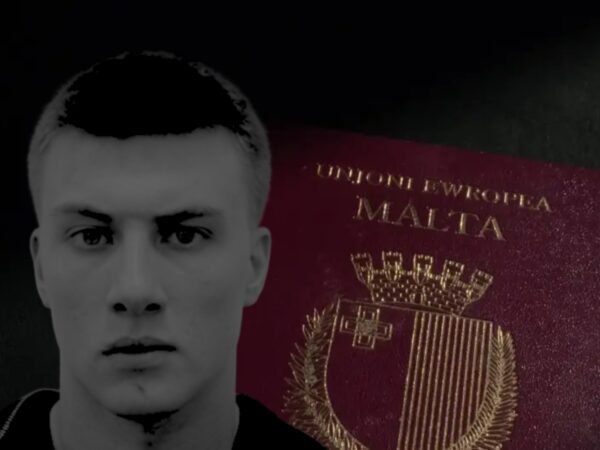Analysis: Malta Doesn’t Need To Wait For The UN To Recognise Palestine. It Did In 1988. All We Need Is Action.
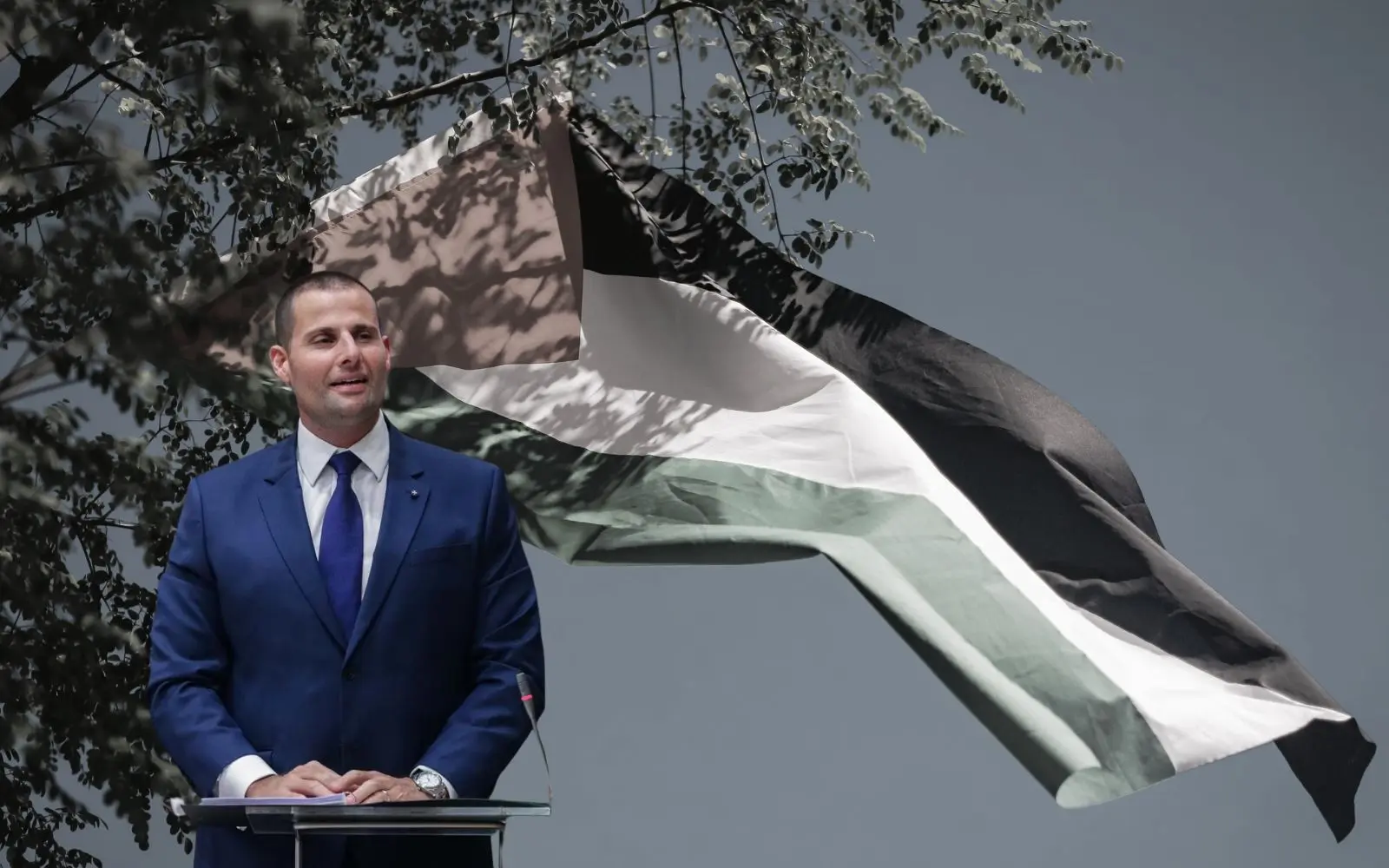
By Julian Bonnici
20th June came and went. Contrary to Prime Minister Robert Abela’s public commitment, Malta did not formally recognise Palestinian statehood. The government blamed a postponed UN conference — but the truth is simpler: Malta is already widely regarded, including by the United Nations, as having recognised the State of Palestine.
That recognition came back in 1988. What remains is a formal domestic act — a vote in the Parliament of Malta to enshrine that declaration in Maltese law.
The relationship between Malta and Palestine dates back to the 1970s under Dom Mintoff’s government. In 1974 Malta voted in favour of granting the Palestine Liberation Organisation (PLO) observer status at the United Nations. A few years later, a PLO office opened in Malta — operating as a de facto embassy, well before full recognition of Palestinian statehood.
The decisive moment came on 15th November 1988 when the Palestinian National Council declared an independent State of Palestine in Algiers.
The next day, Malta submitted a declaration to the UN, affirming “the right of the Palestinian people to a state of their own”.
It joined a wave of over 80 countries — many from the Non-Aligned Movement — to do so. By December, Malta even voted in favour of a UN resolution backing the declaration.
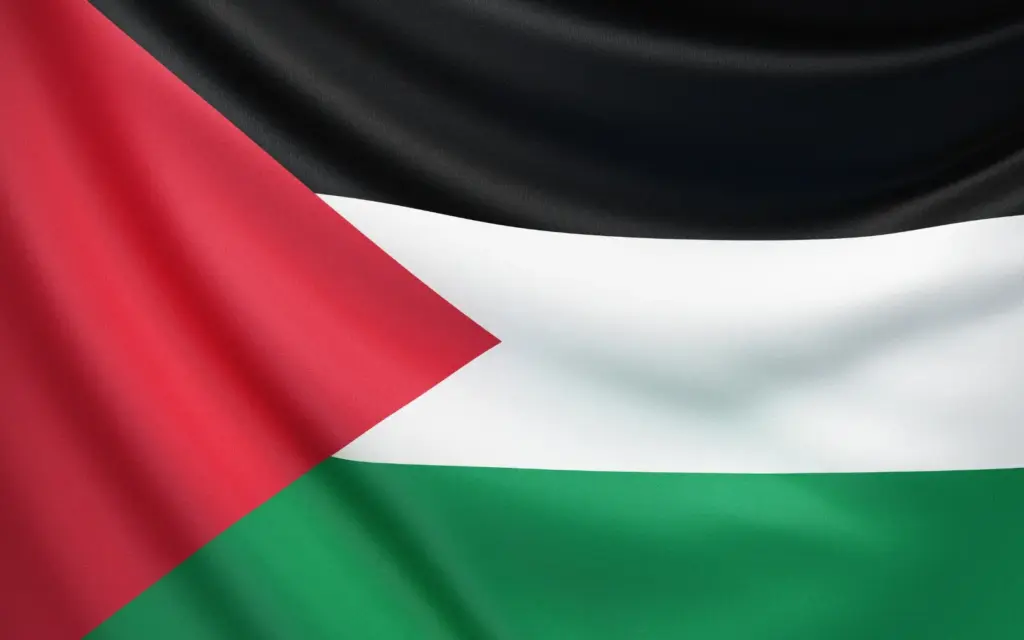
Malta’s recognition has since been treated internationally as an official acknowledgement of the Palestinian state.
Malta has also been regularly listed in UN documents as one of the 147 nations that recognise Palestinian statehood. The Maltese government has not disputed this a single time over nearly four decades.
In 2024, Malta was among the countries in the UN Security Council that voted in favour of full recognition of Palestinian statehood, which was blocked following a United States veto.
This recognition was not merely symbolic.
To this day, Malta continues to have a Palestinian mission in Malta that operates as a full diplomatic entity. There is a Palestinian Ambassador and a Representative Office of Malta in Palestine, and Palestine continues to be referred to as a “state” in official communications – privileges that would not apply to an unrecognised entity.
Malta has also served as the Rapporteur of the Committee on the Exercise of the Inalienable Rights of the Palestinian since its inception in 1975.
Diplomatic exchanges have been frequent, and several Maltese heads of state have either visited Palestine or hosted their counterparts.
In 1999, President Guido de Marco visited Yasser Arafat, who returned the visit in 2004. In 2008, President Eddie Fenech Adami hosted Mahmoud Abbas in Valletta. And in 2019, President Marie Louise Coleiro Preca and Prime Minister Joseph Muscat visited Bethlehem and Ramallah, where they met with Abbas and Prime Minister Muhammad Shtayyeh.

However, there is a legal and procedural gap: Malta has never completed the formal parliamentary process to legalise this recognition domestically.
Malta does not have a rigid, codified process for recognising states. In the past, recognition involved more than simple declarations; it was formalised by Parliament, the country’s supreme law-making body.
When Malta recognised Kosovo in 2008, the process involved a debate in parliament’s Foreign Affairs Committee, followed by the submission of a formal diplomatic instrument and an official letter to the Kosovan leadership.
In Palestine’s case, this domestic step was never taken — meaning that while Malta is seen internationally as having recognised Palestine, no official act of recognition exists. Since 1988, successive governments — both PN and PL — have failed to complete this legal process that could have begun 40 years ago.
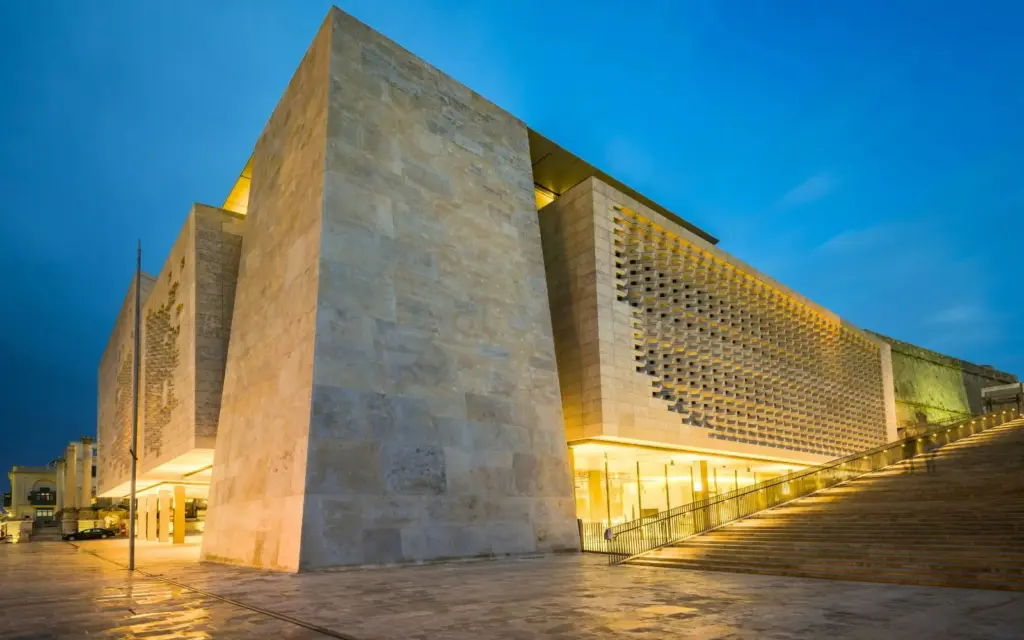
In 2024, Malta’s government said that it was prepared to recognise Palestine “when the circumstances are right and such recognition can make a positive contribution.” By 2025, the Prime Minister went one step further.
“After 45 years of discussion within our country about whether to recognise Palestine as a state, it will be a government led by me that will recognise a Palestinian state,” he said, indicating 20th June as the intended date. That day passed without action.
In the aftermath, Abela reaffirmed Malta’s commitment to recognising Palestinian statehood but added a caveat: “once the appropriate circumstances are in place.”
The solution is straightforward. Prime Minister Robert Abela or Foreign Affairs Minister Ian Borg must simply inform parliament before taking the next step. Any Member of Parliament — from either party — can also table a motion to recognise Palestine formally.
No new UN declaration is required. What is needed is a domestic legal process that aligns Malta’s national stance with its international position. Recognition was given in word and deed in 1988. All that’s missing now is the law.
